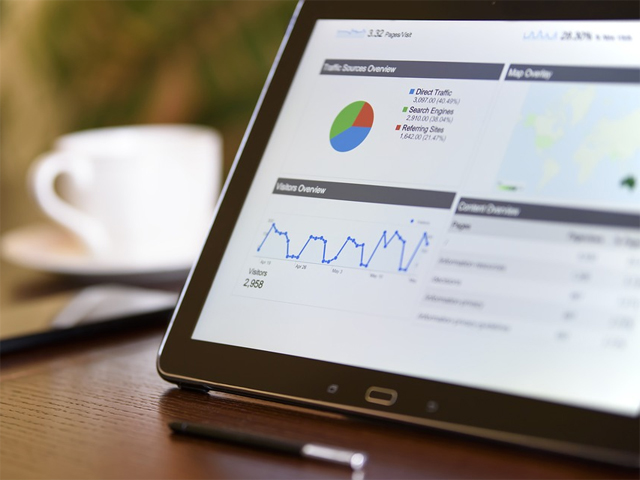Digital Marketing in the Retail Sector

Digital Marketing in the Retail Sector – What You Should Know
Any business in the retail sector needs to utilise digital marketing, even if sales are conducted in a brick and mortar store. Whether marketing campaigns are aimed at attracting online sales or raising footfall in a high street store, they need to be well thought out and make use of the wide variety of tools and techniques that are available.
Successful digital marketing in the retail industry involves using practices such as email and social media marketing, in addition to PPC and SEO. It's all about creating the right multi-dimensional strategy for your business.
Creating a digital marketing strategy
When you begin to create a digital marketing strategy, you need to understand what you aim to achieve from your digital marketing efforts; for instance, are you solely aiming to increase sales or are you more concerned about growing the reputation of your brand online. It's important that you have the right strategy in place if you want to be successful with your digital marketing. Ask yourself questions like:
• Who are your customers?
• What are the goals of your business?
• What are your marketing timescales?
• What is your digital marketing budget?
Remember that your digital marketing strategy is not set in stone; it can change as you learn. Even experienced marketing professionals like Glenda Wynyard, who has over 25 years' experience in the business, learn from conducting research and develop their instincts. You will too.
Combining marketing tools to get results
Marketing tools and practices should not be used in isolation. All of the best digital marketing strategies for retail make use of combinations such as content marketing and SEO. It's important to understand the different aspects of digital marketing, so you can decide which avenues to use.
Emails
Email marketing is still very much alive and well. It can take a lot of time and effort to develop an email marketing system that delivers results, but using emails means that you can directly contact people who have expressed an interest in your brand. You also have the advantage of being able to segment your email contact lists, so that you can target messages, newsletters, and deals at specific groups. The main problem with email marketing is that many recipients simply delete emails without opening them. The key is to build trust over time.
Social media
Although the free use of social media is not as effective as it once was, using channels such as Facebook and Twitter can still be effective for your business. You can start by using social media to build relationships with customers and communicate with them. It takes time to do this but it's worthwhile as you have access to an ideal method of communication. It's worth noting that now Facebook is reducing the visibility of many free commercial posts, investing in paid social media marketing is often a good idea; you also get the bonus of being able to target your paid advertising.
Remember that the content you provide in emails, social media posts and on your website should be well-written and informative. This is essential if you want your content marketing to be successful. People do not remain engaged with content that is poorly written and lacks value, and search engines take the quality of content into consideration when ranking pages. This is why content plays such as important role in effective SEO, along with other aspects such as keyword selection and use. Whichever digital marketing tools you choose to use for your retail business, you will struggle to be successful unless you produce good content.
MORE



